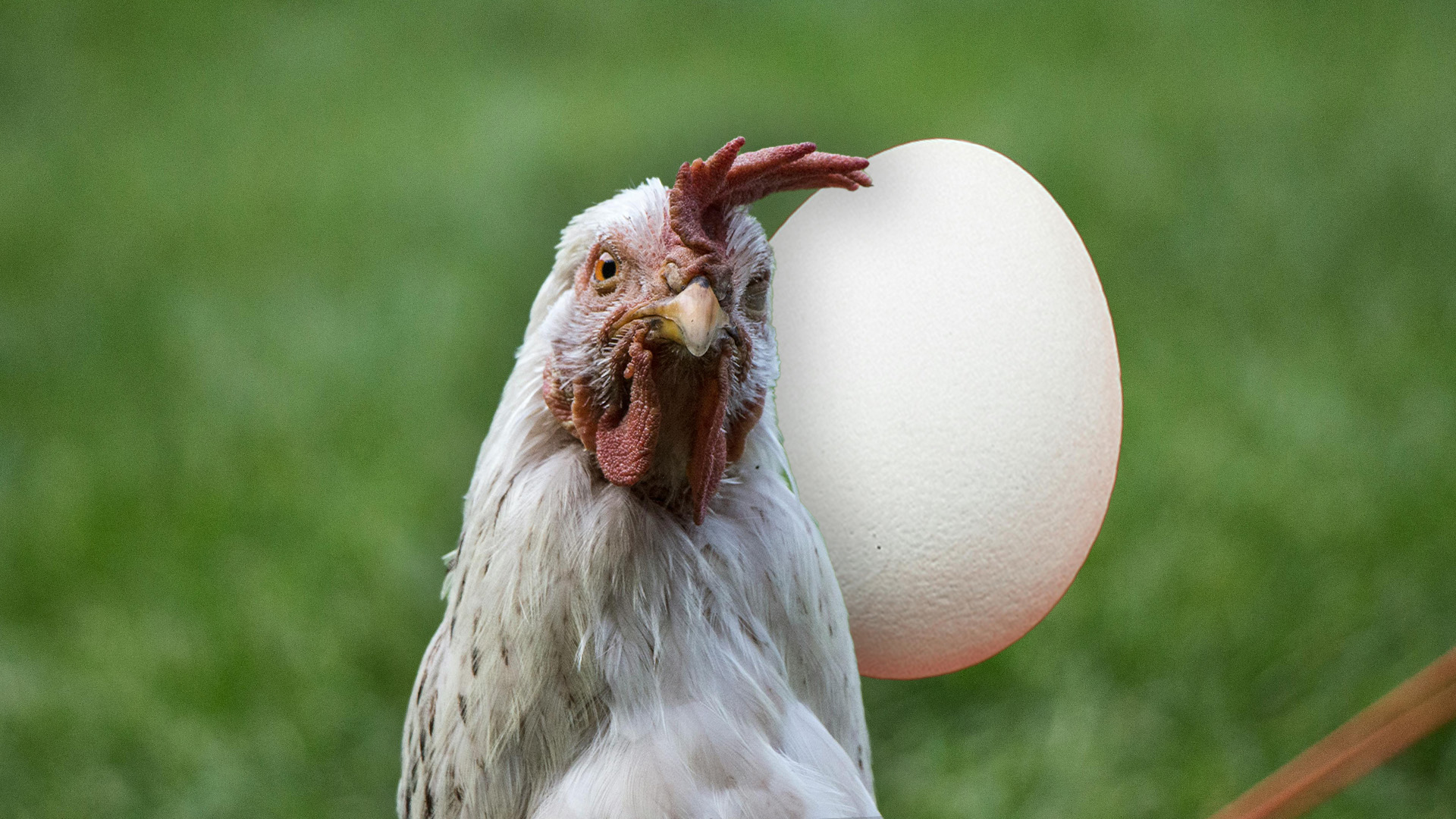
Every four years, we get an extra day added to our calendar, making February 29th a special day known as a leap day. But why do we do this? It’s all about keeping our clocks and calendars in sync with Earth’s journey around the Sun.
You see, it doesn’t take exactly 365 days for the Earth to orbit the Sun. It takes about 365.24 days. This extra bit of time, about a quarter of a day each year, adds up. Without fixing this, our calendar would slowly fall out of step with the seasons. Imagine summer starting in what our calendar calls winter, after many years without correction!
To stop this from happening, we add one extra day every four years to catch up with the extra time. This is what we call a leap year. This idea has been around for a long time. It started with the Julian Calendar over 2,000 years ago and was tweaked a bit when we switched to the Gregorian Calendar, which most of the world uses today.
So, leap years help make sure that our calendars keep matching up with the Earth’s trip around the Sun, keeping seasons and timekeeping accurate for everyone.
Do you know someone with their birthday on a leap day.
#MaltaDaily









